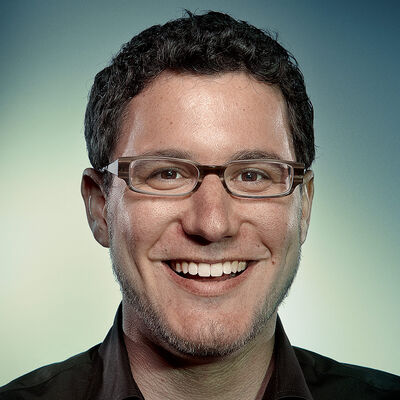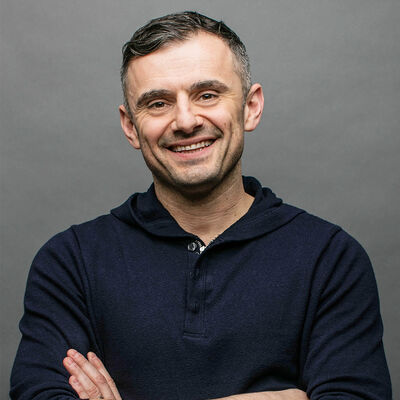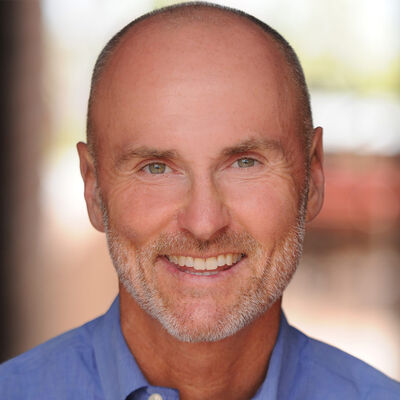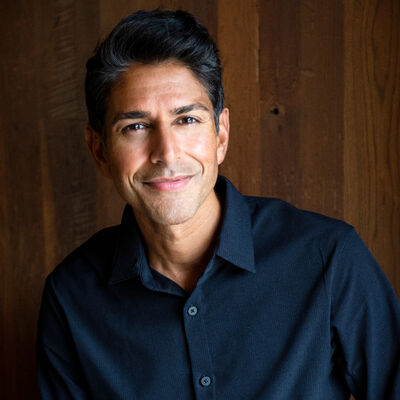Founder, Lean Startup Movement

Steve Blank: Biography at a Glance
- Credited with creating the customer development method that launched the Lean Startup movement
- Bestselling author of The Startup Owner's Manual: The Step-By-Step Guide for Building a Great Company
- Hosts Entrepreneurs Are Everywhere on SiriusXM
- Named one of the “12 Masters of Innovation” by the Harvard Business Review
Videos
Biography
Steve Blank has led one heck of an interesting life. He’s had three careers: First, in the U.S. Air Force for four years during the Vietnam War. Next, as a Silicon Valley entrepreneur in 8 startups in two decades (with four IPOs). Currently as an academic teaching at Stanford, Berkeley, Columbia and NYU.
Steve has changed how startups are built; how entrepreneurship is taught worldwide; how science is commercialized in the U.S., and how companies and the government innovate. He is the author of The Four Steps to the Epiphany, credited with launching the Lean Startup movement and the best-selling Startup Owner’s Manual. His May 2013 Harvard Business Review cover story on the Lean Startup defined the Lean Startup movement.
Steve is widely recognized as a thought leader on startups and innovation. Named to the Thinkers50 list of top management thinkers and recognized by the Harvard Business Review as one of "12 Masters of Innovation," Steve is also Senior Fellow for Entrepreneurship at Columbia University.
His Lean LaunchPad class at Stanford, Berkeley and Columbia is taught in more than 75 universities around the globe. More than 300,000 people have signed up for a free version of the class, offered through Udacity.com. The Innovation Corps class Steve created for the National Science Foundation is the standard for science commercialization in the U.S. And his Hacking for Defense class at Stanford is revolutionizing how the U.S. defense and intelligence community can deploy innovation with speed and urgency.
A prolific writer, speaker and teacher, Steve hosts Entrepreneurs are Everywhere, a weekly radio show on SiriusXM, showcasing founders from all walks of life sharing what it takes to build a successful startup. He blogs at www.steveblank.com and his articles regularly appear in Forbes, Fortune, The Atlantic and Huffington Post.
His talk “The Secret History of Silicon Valley” has become the standard history of why entrepreneurship blossomed in Silicon Valley while stillborn elsewhere. It has made him an unofficial expert and frequent speaker on the rise of entrepreneurial clusters as well as the role of the U.S. government and military’s influence on entrepreneurship.
From 2006-2013 Steve served as a public official in California as Commissioner on the California Coastal Commission, the public body that regulates land use and public access on the California coast. He is on the board of the California League of Conservation Voters (CLCV); is a past board member of Audubon California, the Peninsula Open Space Land Trust (POST); and was a trustee of U.C. Santa Cruz.
Steve is a frequent commencement speaker. National Public Radio listed his speech at Philadelphia University as one of the best commencement speeches, ever.
Topics
How big companies can use Lean Startup techniques and processes to remain innovative.
How culture, process, and people need to adapt and adopt in the world of continuous disruption.
Steve explains why innovation inside an existing company or the government is different from building a startup, highlighting the different tools and mindsets needed to be a successful innovator or entrepreneur.
How every federal research agency adopted Lean Startup methods to commercialize science – 1,500 teams of our best scientists and counting – and learn how your company can as well.
Silicon Valley’s role as an entrepreneurial powerhouse has its roots in the Cold War, not a Palo Alto garage. Steve explains how Silicon Valley came to be, and how you can create an entrepreneurial ecosystem in your region.
Steve is also a frequent speaker and unofficial historian of how Silicon Valley came to be. His Secret History of Silicon Valley talk is considered the standard history of why entrepreneurship blossomed in Silicon Valley while stillborn elsewhere.





